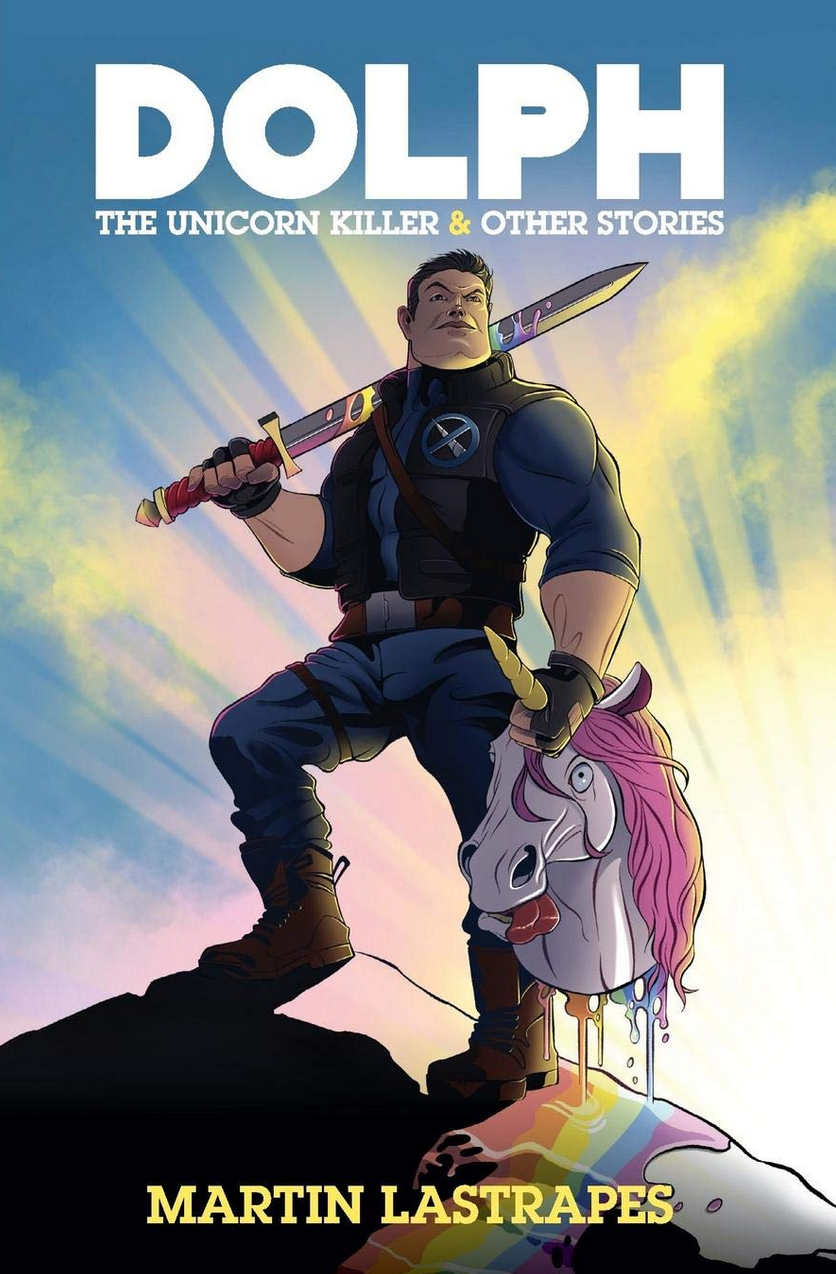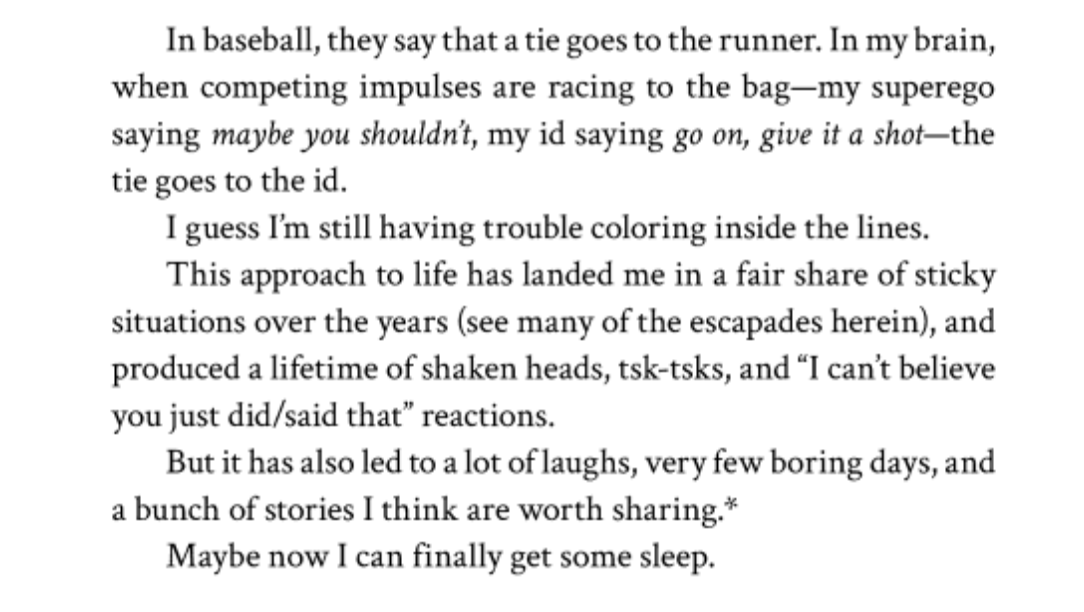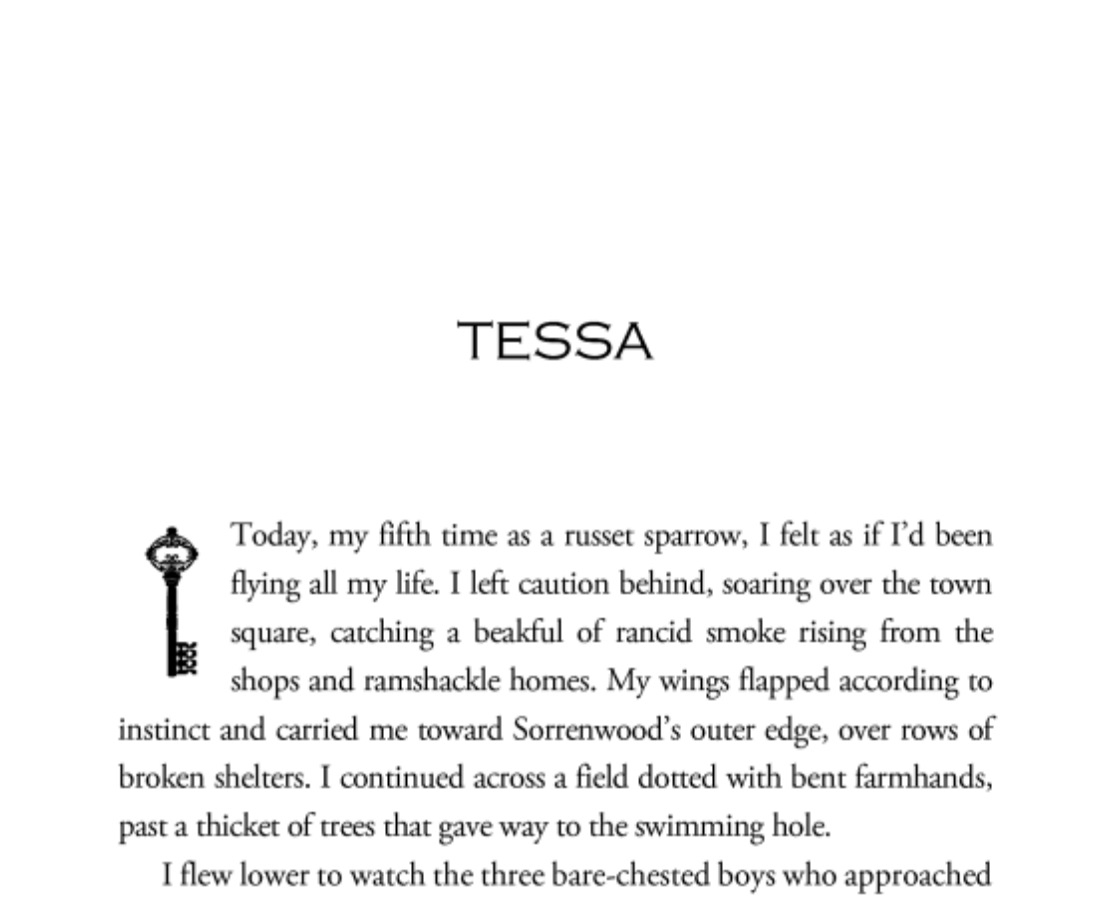
How do authors win book competitions, and what is it that judges are looking for? Here, Naka Jackson, a creative writing teacher from NYC and one of the judges for SPR for the last five contests, gives authors six tips to win.
Presentation
No contest wants a book with a poor quality cover as the winning book for their competition, because usually they will also promote their own brand with the contest. We play fair at the SPR Awards by grading each book out of twenty-five on many areas, including cover design and formatting, and we don’t see each other’s scores until we release all the books. However, a great number of books don’t make the first cut because of the presentation, and if it’s between two books that are neck and neck, we’ll go for the one with the best presentation every time because the author has taken pride in their work and has been serious about its journey to sales.
This year’s winner Martin Lastrape’s book, Dolph The Unicorn Killer and Other Stories cover was both original and beautiful, as well as working in both thumbnail for selling books on Amazon, and on print books full size. The colors are popping, and seeing a unicorn head like that was just, well, awesome, different, and completely unique.
Formatting
Open a book and find it hard to read, and the story will be lost to the reader or judge. It’s important to make sure your book works in both print and Kindle formats.
There were some very well-formatted interiors in this year’s contest, as in this one from Silver Winner Marjory Kaptanoglu’s Dreadmarrow Thief. Note also, the beautiful opening passage that draws you in, and the simple chapter font, and of course, the key. I immediately wanted to know what door would open with that key.
Editing
In much the same way as the presentation of your book as a product, readers are very canny when it comes to errors in the text — especially if they paid good money for the book. So your book must be worthy of being endorsed by the company running the contest, because that company will be encouraging people to buy it. Therefore, nobody will vote for a book with poor editing to win.
Spending time and money on a good edit will give you the edge every time. It’s not debatable. Editing does cost money and take a very long while, but getting impatient and publishing too early will lose you sales. Look for an aggressive editor who gives you a lot of notes. (Cate Baum at SPR is very tough and fair, and often edits my students.) I have seen edits that are basically ego rubs for the author, with a spellcheck, maybe five or six comments. My first book had line notes and also 38 pages of notes on my story. That’s the edit you need and want.
Send the Final Version
Many authors submit a version of their book that is not ready to be published for some reason, and call it an ARC (Advance Review Copy). Well, a competition entry should be the book you are publishing. You should not submit a unfinished book for any type of review, let alone a competition. If you want beta readers to read your book privately first as part of an editing process, that is when an ARC is used. An ARC should not be used for public reviews of any kind, because it is not the finished product. The misunderstanding has come about from its name being used instead of “Advance Copy,” which is a finished book sent to a reviewer before the release date, but that is entirely the same as the book being released.
Sometimes authors submit the wrong file, and discover later they had a newer one lurking that they should have sent. Most contests do not accept a newer version if you submit the wrong one, so take care with this by archiving old versions of your book as you go.
Remember, competitions don’t favor early entries for judging, and early bird fees are only to give early entrants a discount, not for priority. You can pay your fee super early and upload later at the SPR Awards.
Originality
Is your book original, or does it borrow from other books? Is it a retelling or a new tale? We cannot accept retelling books as a winner, because that would be both unfair to others and also in most cases, copyright infringement and plagiarism. However, this doesn’t stop a handful of authors every year from retelling classics and submitting them as their own work. (Mouse Great Expectations, All-female Jane Eyre, anybody?) Unless it is a really hybrid, such as Pride and Prejudice and Zombies, for example, it won’t make it to our shortlist. Great ideas and characters will always win out, as will non-fiction voices that we can relate to.
This year’s Bronze winner Roy Seckler’s memoir, “Lacks Self-Control” was both witty and well-paced, and stood out for its bold narration.

Follow the Rules
Many authors who get disqualified haven’t read the rules. For example, SPR has a time period that the book should have been published in, so that authors cannot submit the same book two years in a row. Does the contest have genre rules, does it ask for certain fonts or spacing?
Check thoroughly and ask if you’re not sure.
Get an Editorial Review | Get Amazon Sales & Reviews | Get Edited | Publish Your Book | Enter the SPR Book Awards | Other Marketing Services























All good points. I would add that the book must be easily found online.